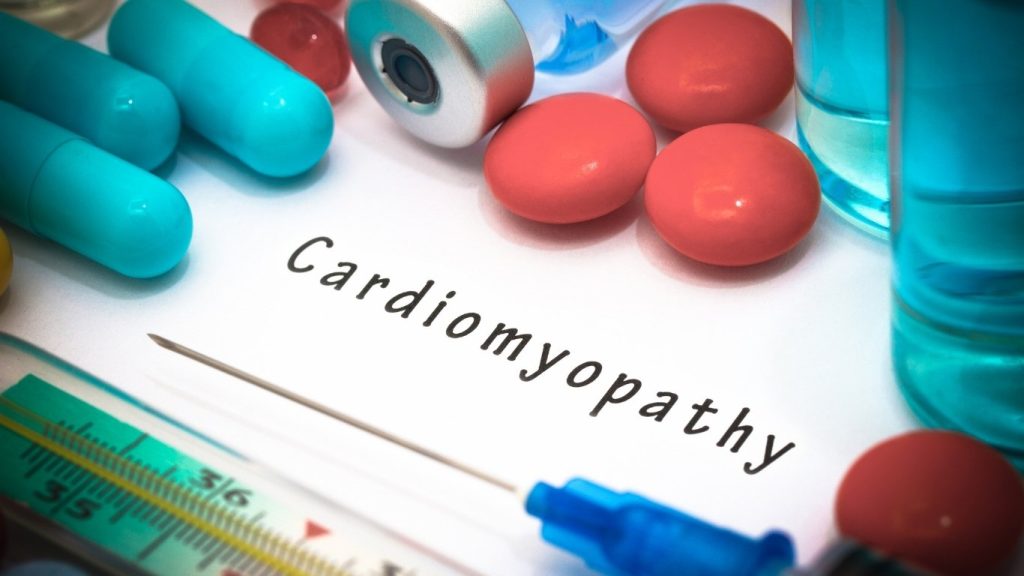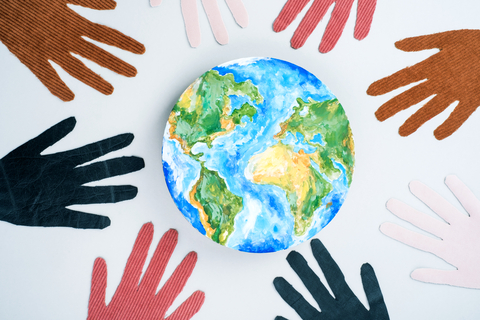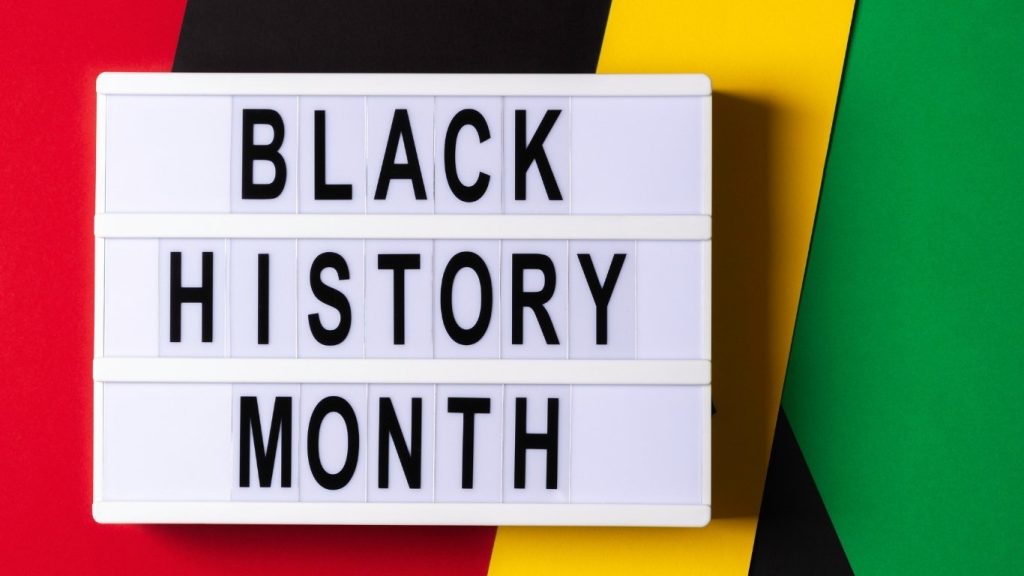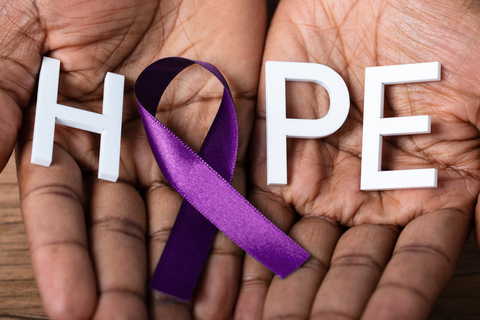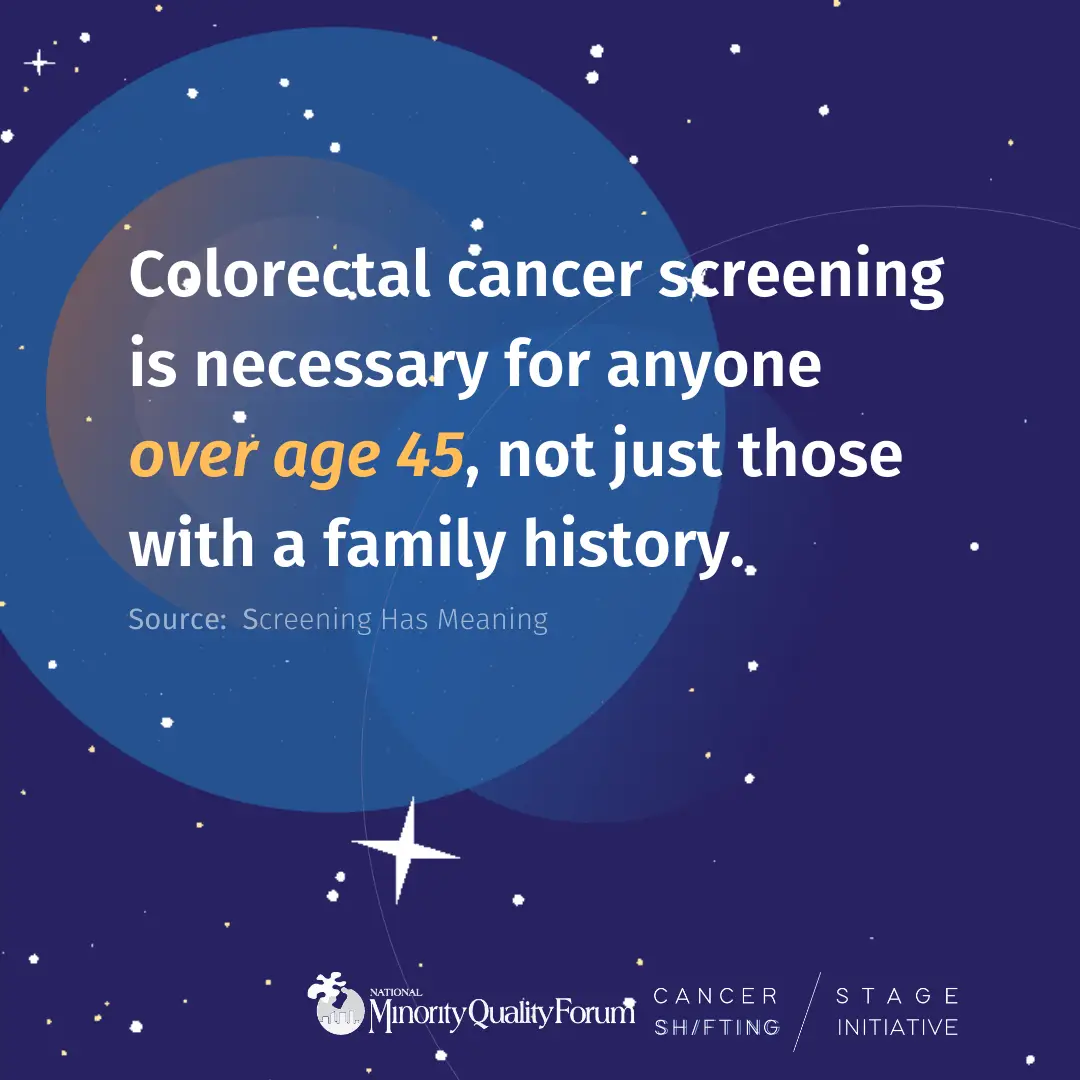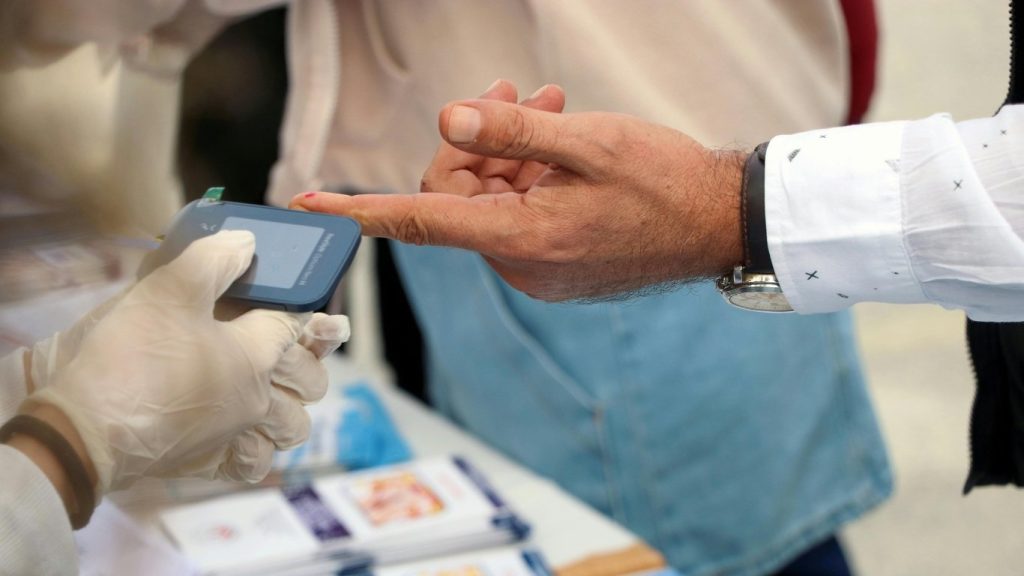- By Victor Mejia
We’re excited to share insights from a recent webinar hosted by the National Minority Quality Forum (NMQF) and led by their Center for Sustainable Healthcare Quality and Equity (SHC). Titled “Culture, Care & Community: Bridging Gaps Through Humility,” this insightful discussion explored the vital role of cultural humility in advancing health equity and delivering truly patient-centered care.
What Is Cultural Humility?
The webinar emphasized that cultural humility is a lifelong process of learning and self-reflection, moving beyond the concept of “cultural competence,” which can imply mastery of another’s experience. Instead, cultural humility invites healthcare professionals to acknowledge that they can never fully know another person’s culture, fostering mutual respect and open dialogue to learn and adapt. It’s about recognizing that patients are the experts of their own lives.
Why Does It Matter?
The discussion highlighted numerous examples where a lack of cultural humility can negatively impact patient care. Imagine a clinician telling a patient to remove tortillas—a cultural staple—from their diet because they are “just unhealthy,” or a West African uncle being told to remove rice, the foundation of his meals. These scenarios underscore the need for inquisitive, understanding conversations that lead to culturally appropriate solutions and reasonable lifestyle modifications.
Key Takeaways from the Discussion
An esteemed panel of public health leaders and clinical professionals shared their perspectives on what cultural humility means in their work and how it benefits patients:
-
Self-Reflection and Openness: Cultural humility is the “backbone” of care, prompting clinicians to reflect on their own biases and be open and curious about their patients’ needs and aspirations. It’s about treating the patient, not just the illness.
-
Daily Practice, Not a Checklist: It’s a daily discipline involving curiosity, avoiding assumptions, and recognizing that patients are the experts on their own lives.
-
Beyond Language: Delivering culturally appropriate care goes far beyond offering services in different languages. It encompasses understanding diverse cultural nuances, identities, and social realities.
-
Addressing Bias: The panel explored the profound impact of bias—whether internalized, interpersonal, institutional, or systemic—on care delivery.
-
Words Matter: Language used by healthcare providers is critical. Terms like “homeless” versus “unhoused,” or labeling patients as “difficult” or “non-compliant,” can perpetuate harmful perceptions. Language is not neutral; it communicates values, assumptions, and power.
-
Health Literacy and Social Determinants of Health (SDOH): Panelists emphasized the need to translate complex health information into accessible language, recognizing that health literacy gaps can exist at all education levels. They also linked SDOH challenges (like lack of transportation, childcare, or resources) to patient “non-compliance,” urging care teams to bridge this understanding gap.
Actionable Steps
The webinar concluded with concrete recommendations for both individuals and organizations:
-
Active Listening and Open-Ended Questions: Clinicians should listen deeply to patients’ beliefs about their health and ask open-ended questions to customize care.
-
Building Respectful Partnerships: It’s essential to identify a family spokesperson and show respect to all family members involved in care decisions.
-
Institutionalizing Equity: Organizations should reflect community demographics in their teams, design care plans that respect cultural health beliefs, and adapt workflows to meet community needs. Co-designing services with community input is key.
-
Regular Self-Reflection and Training: Ongoing cultural humility and anti-bias training are vital for identifying and mitigating bias. Resources like the Harvard Implicit Association Test and Stanford’s Mindful Language Toolkit were recommended.
Watch the Full Discussion!
For a deeper dive into these critical topics—including real-world examples of culturally humble programs and further actionable insights—we highly encourage you to watch the entire webinar. It’s packed with “pearls of wisdom” that can transform how we approach healthcare.
Trending Topics
Features
- Drive Toolkit
Download and distribute powerful vaccination QI resources for your community.
- Health Champions
Sign up now to support health equity and sustainable health outcomes in your community.
- Cancer Early Detection
MCED tests use a simple blood draw to screen for many kinds of cancer at once.
- PR
FYHN is a bridge connecting health information providers to BIPOC communities in a trusted environment.
- Medicare
Discover an honest look at our Medicare system.
- Alliance for Representative Clinical Trials
ARC was launched to create a network of community clinicians to diversify and bring clinical trials to communities of color and other communities that have been underrepresented.
- Reducing Patient Risk
The single most important purpose of our healthcare system is to reduce patient risk for an acute event.
- Subash Kafle
- Jessica Wilson
- Subash Kafle

